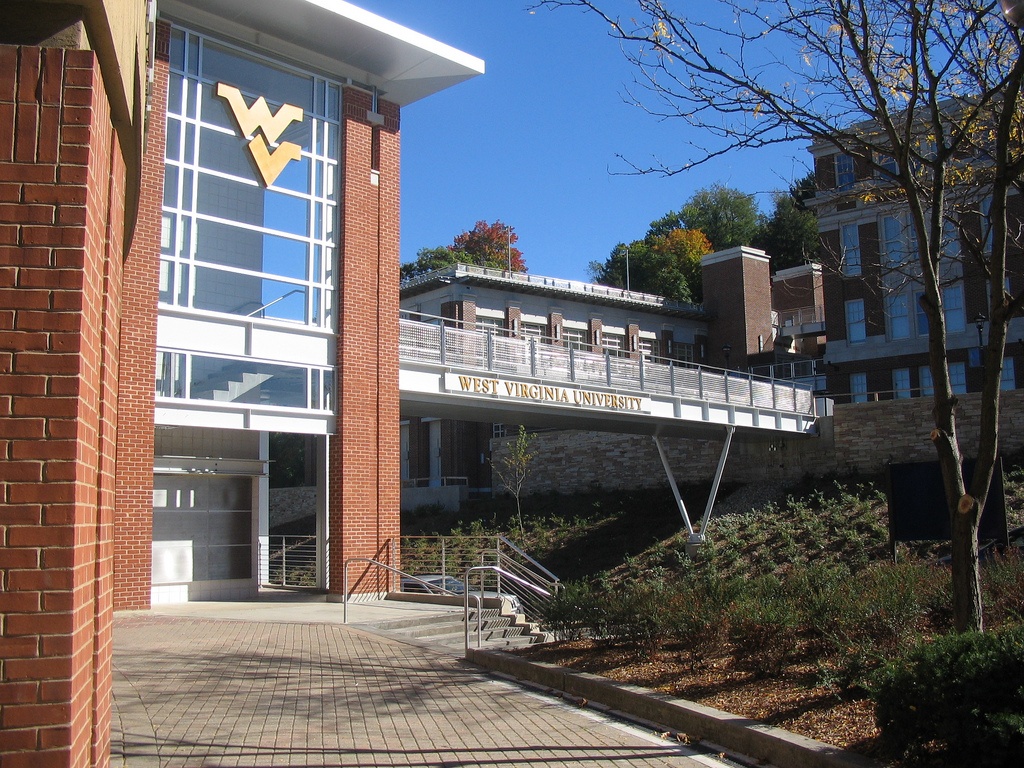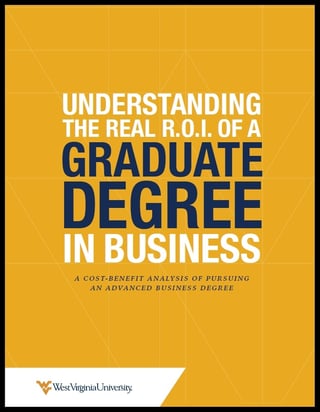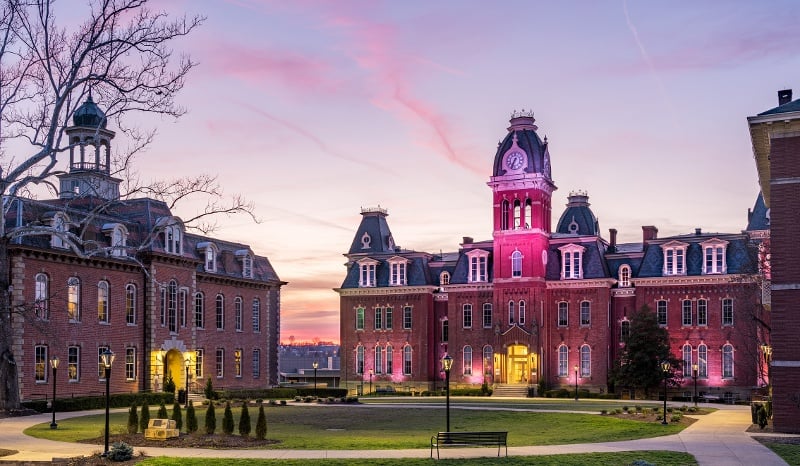 Are you considering what it would mean to pursue an MBA?
Are you considering what it would mean to pursue an MBA?
Are you wondering what an MBA Ambassador has to say about his time at WVU?
We chatted with Thomas O’Neil, WVU student and MBA Ambassador, and got his take on the MBA program at West Virginia University, what it means to pursue entrepreneurship, his on-campus involvement, and how WVU’s faculty and curriculum inspired him to look beyond traditional business models and ideologies.

1. What was your [business/career] experience prior to WVU?
After my undergrad, I worked as a paralegal for one year at a law firm, Jackson Kelly PLLC, before returning to grad school.
2. What inspired you to go back to school and receive an MBA?
While working for Jackson Kelly, I was introduced to Tax Increment Financing (TIF) Bonds. This type of bond is typically used by municipalities to finance large building projects in connection with the economic development of an area. While working on these projects, I developed a passion for economic development and was advised by my coworkers and mentors to get an MBA so I could work in a different part of the economic development field.
3. What first attracted you to WVU’s MBA Program? What makes their MBA program most unique?
I was first attracted to WVU because of how close and affordable the program was. WVU offered scholarships and a manageable living situation other places did not.
I believe what makes WVU’s program so unique is the entrepreneurship opportunities students are given. One class walks teams through an engagement with businesses from hospitals to green technology and everywhere in between. These engagements create contacts and a portfolio of work you can display when you finish.
4. Is there a particular professor who has positively affected your time at WVU? What was his/her wisdom?
The professor who stands out the most to me would be Professor Frank DeGeorge. He comes from a background as chief accounting officer for Mylan Pharmaceuticals and presents us with real business decisions he made and passed on. He also understands how business decisions create indirect personal and professional situations that can hinder what seems like a great idea.
At some point during each class, he untangles what seems like a complex situation to a few motivations that can be best achieved by simple actions. This makes the subject matter enjoyable and manageable.
5. What are some other ways you have gotten involved at WVU?
I became the President of our class this summer and have started organizing graduate program social events. I try to take advantage of WVU’s football and basketball seasons as much as possible, and I started an internship with WVU’s Government Relations Office this fall.
6. What are your future career plans? How has WVU helped you prepare for those plans?
I plan to work in the field of economic development either at a bank by making financial services manageable for businesses or for the state and federal government by finding solutions with new and existing businesses that lead to prosperity.
WVU’s Brickstreet Center for Entrepreneurship has introduced me to great contacts in the field and has given me experience with community development. WVU’s networking events and Festival of Ideas series have provided me opportunities to interact with community, state, and national leaders of industries like telecommunications, private equity, banking, and engineering.
7. How has WVU pushed you to look past traditional business models and advocate change?
Over the course of our fall semester, the University brought in many speakers, one of which was Brandon Dennison with Coalfield Development. He embodies the definition of social entrepreneurship. He shared information on how you can engage with an underutilized and depressed community and turn it around by investing in human capital.
With Coalfield Development, the emphasis is on creating a competent workforce that will change family trees. That is something I feel is missing from the market today, and I intend to take those ideas and implement them in my own pursuits to create better outcomes for myself, my coworkers, and my state.
8. Do you have any advice for future WVU applicants?
I would encourage students to seize the numerous shadowing opportunities that are provided so that you can learn first-hand from those working in your industry of interest.
Our Dean, Javier Reyes, preaches that 80 percent of learning will take place outside of a classroom, and this program sets you up to make the most of your time both inside and outside of class. Make sure you take advantage of the tremendous opportunities here at WVU — I'm glad I did!
Note: Interested in reading other blog posts inspired by WVU students? You can read them here.










